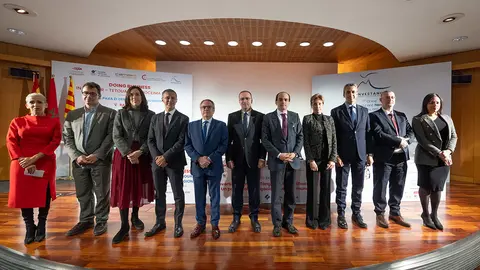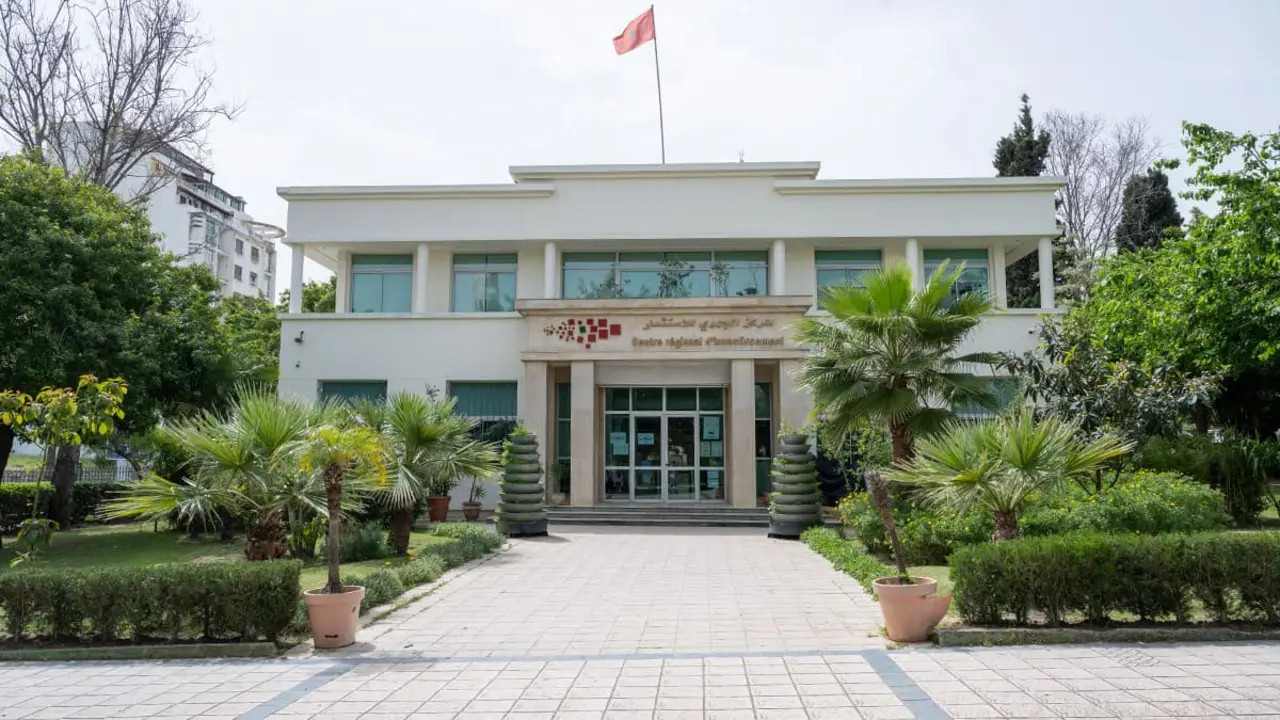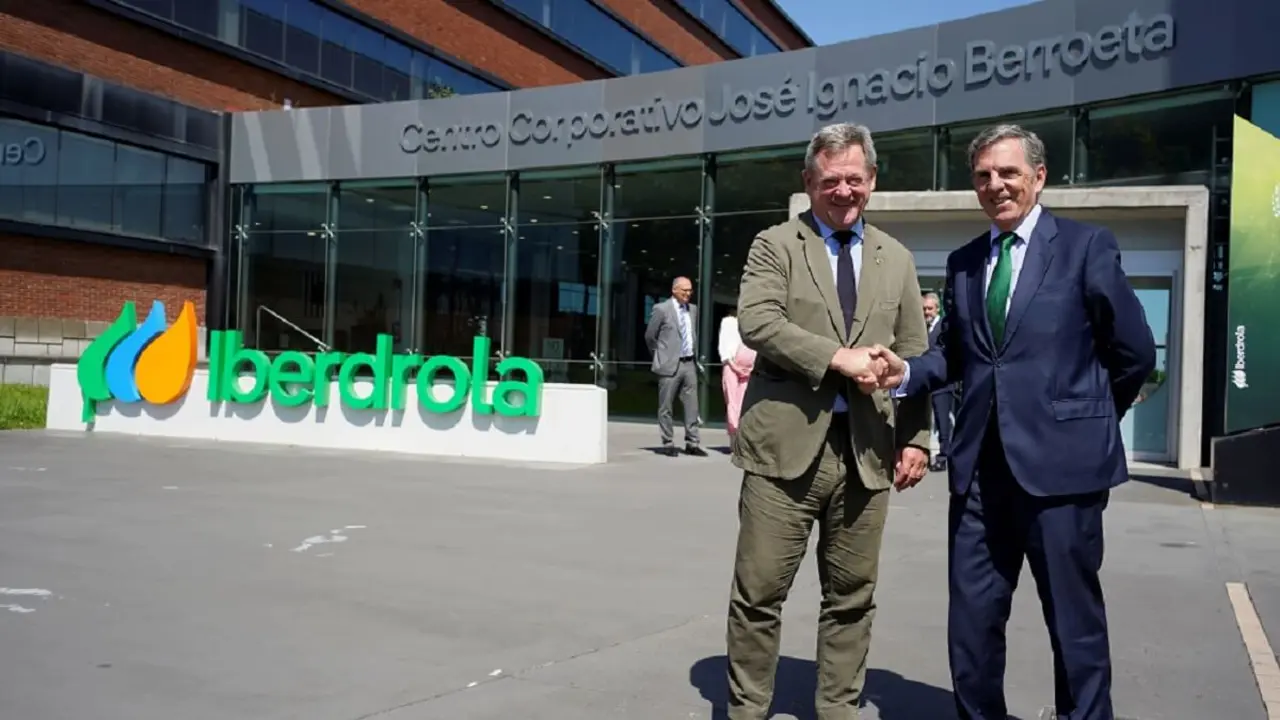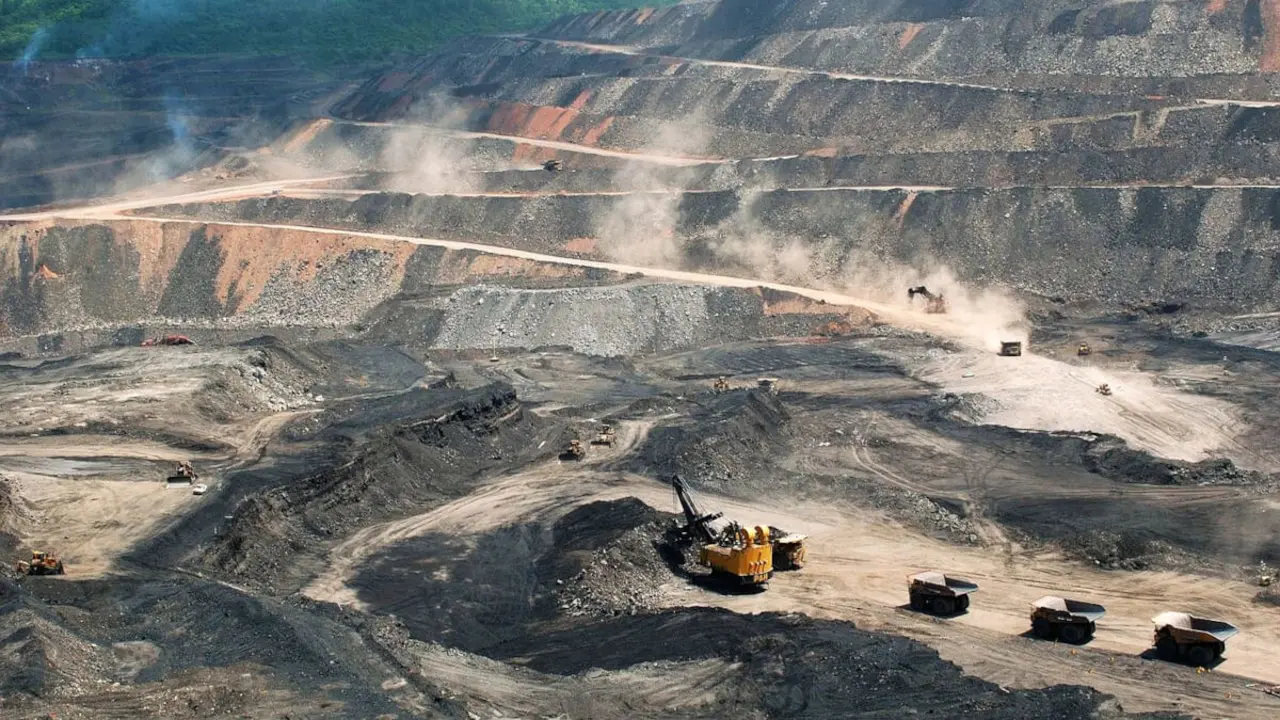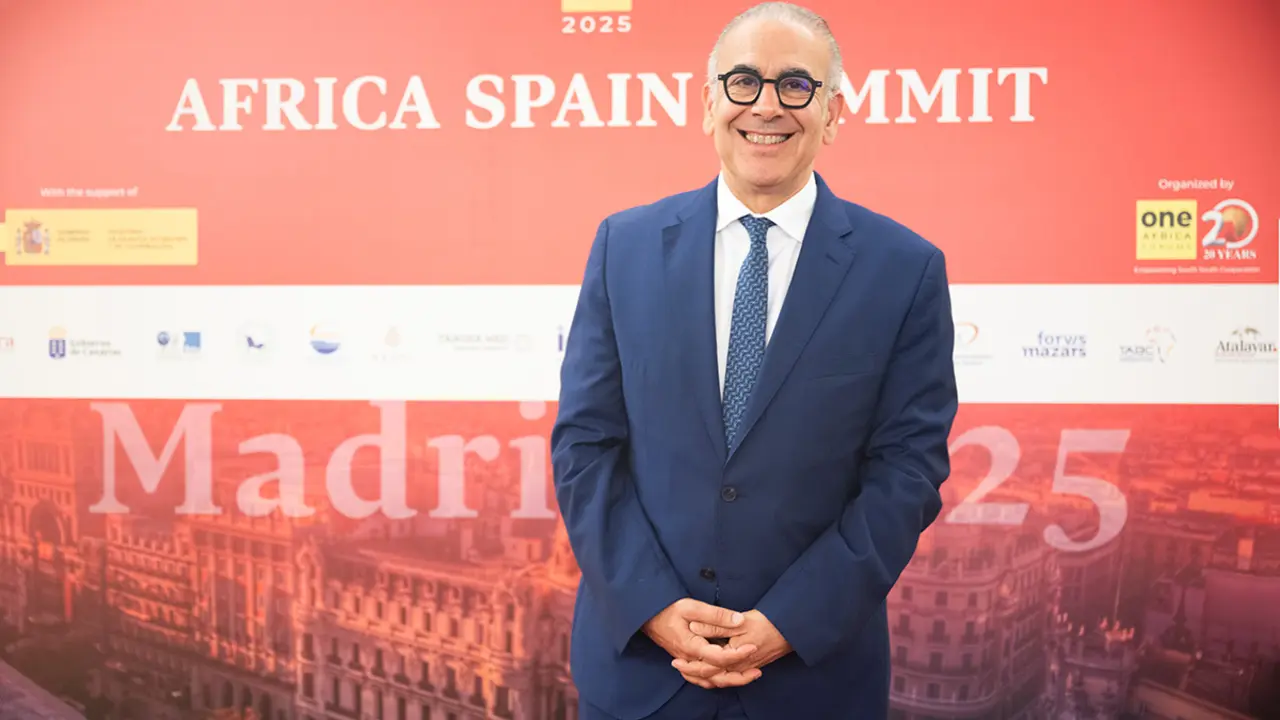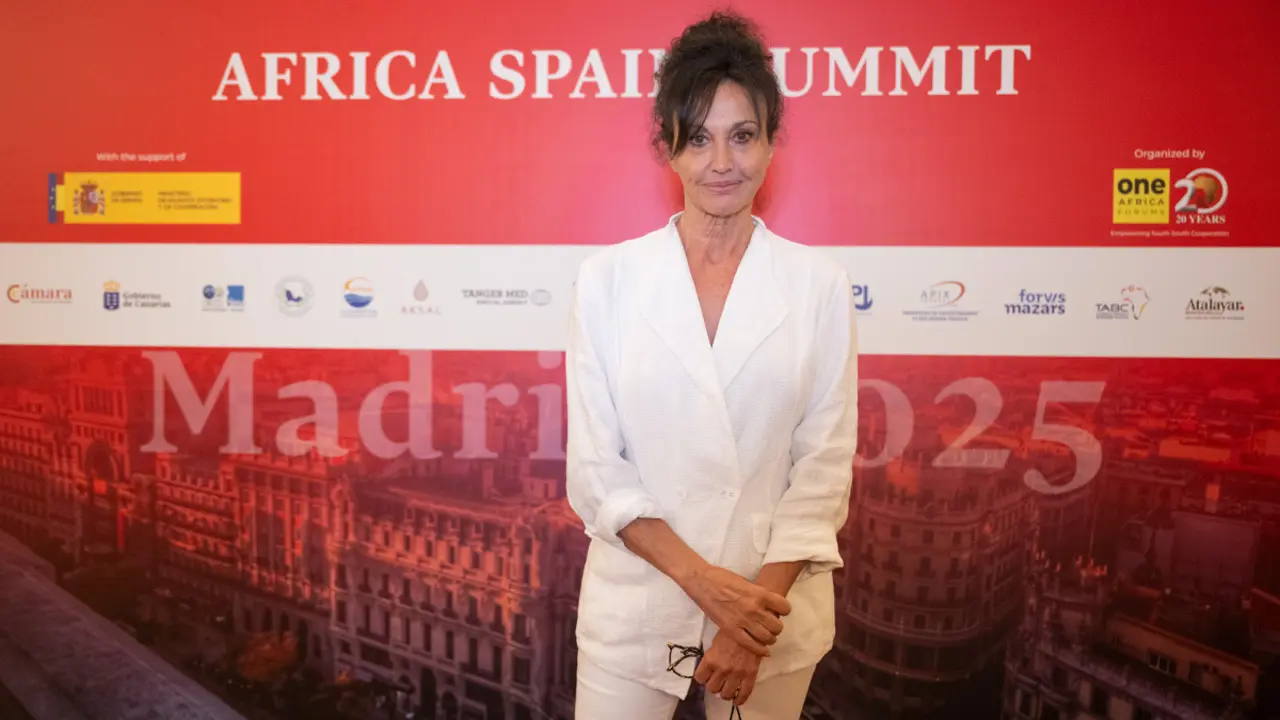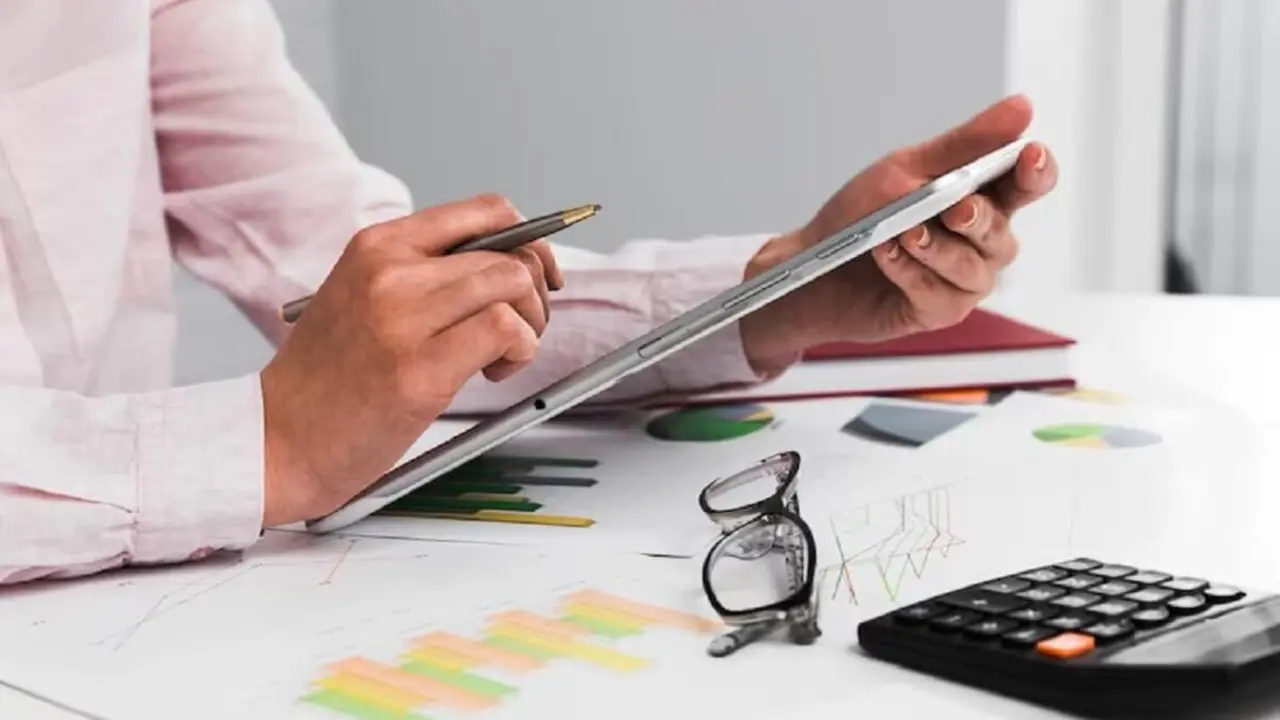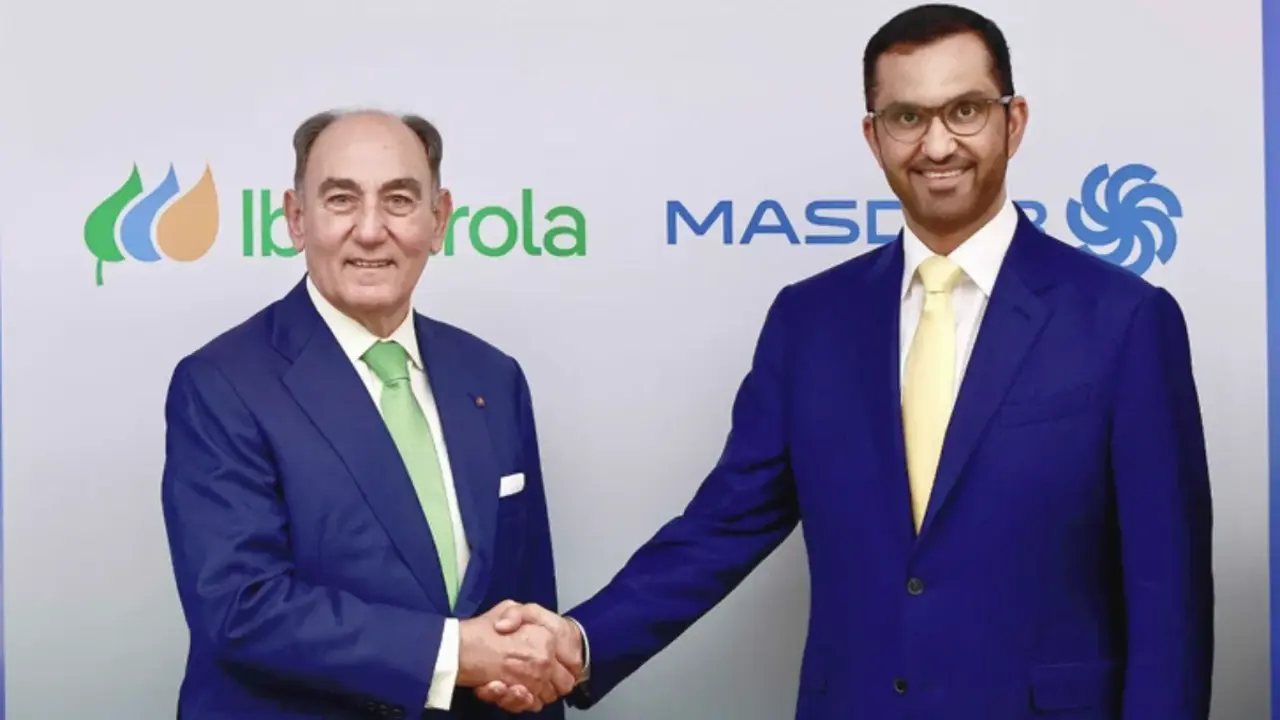Morocco facilitates investment and the establishment of Spanish companies in Tangiers, Tétouan and Al Hoceima
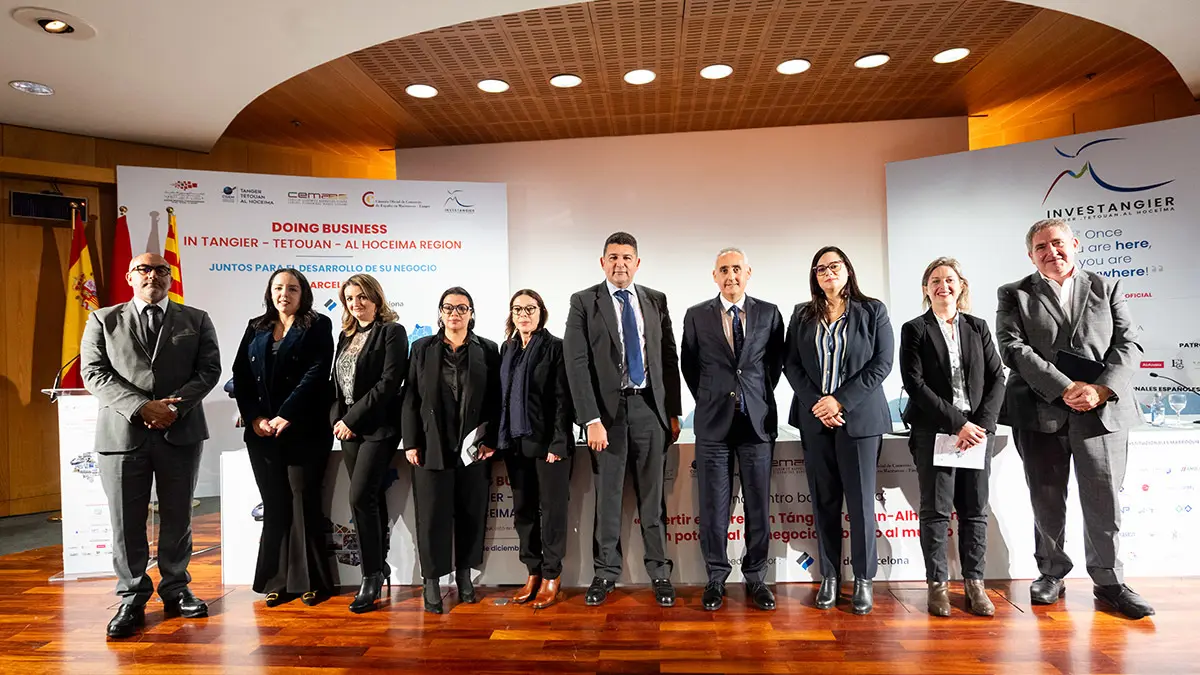
The first panel of the forum "Doing Business in Tangier-Tetouan-Al Hoceima Region" held in Barcelona dealt with the territorial offer and the incentives for investment in the Tangier-Tetouan-Al Hoceima region. Prior to the speakers' interventions, an institutional video was shown on the activity of the Regional Investment Centre of Tangier, Tetouan and Al Hoceima.
The first intervention was given by Noussaira El Harrak, project manager of this centre, who valued the new development model established in Morocco, under the instructions of King Mohamed VI: "We are the second country in industrialisation in the MENA region and the first market for Spanish companies in Africa. We act as a digital one-stop shop for all investment-related decisions, accompanying investors along the way and with a free conciliation department to resolve conflicts with administrations and companies".
El Harrak also highlighted the strengths of the Tangiers-Tetouan-Al Hoceima region, which covers an area of 16,000 hectares and has an unemployment rate that is below the national average. It has world-class infrastructure, including Morocco's first high-speed train, three ports and three international airports with daily direct flights to Catalonia.
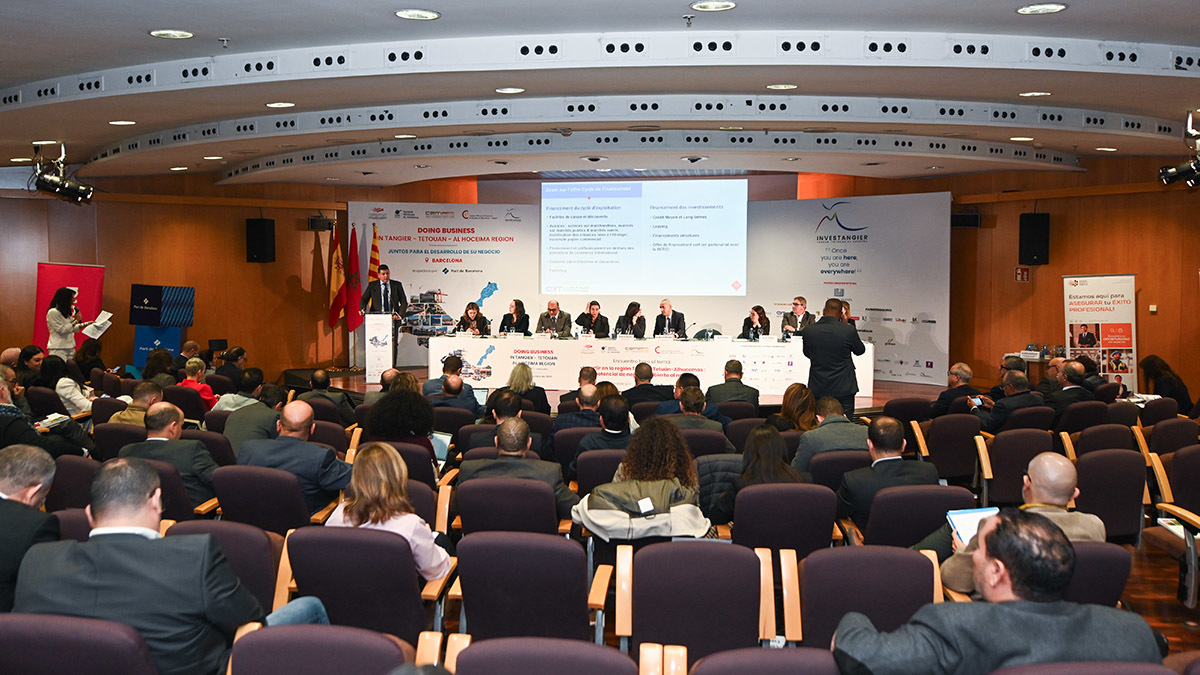
Other outstanding infrastructures include the university and hospital centre in Tangiers, the largest in Africa, and those being planned and built with a view to the celebration of the 2030 World Cup, including the sports city of Tangiers, the most important in Africa, and a new stadium in Al Hoceima.
Maria Ouazzani Chahdi, head of AMDIE's Automotive department, then spoke and presented Morocco's new Investment Charter: "Investment is an important axis of Morocco's economic development. The novelty of the investment charter is that it constitutes a support mechanism for projects, enabling public institutions in the 12 territories of the Kingdom of Morocco to converge".
The charter provides for various bonuses or premiums, depending on eligibility criteria, allowing companies to benefit from up to 30% non-repayable subsidies.
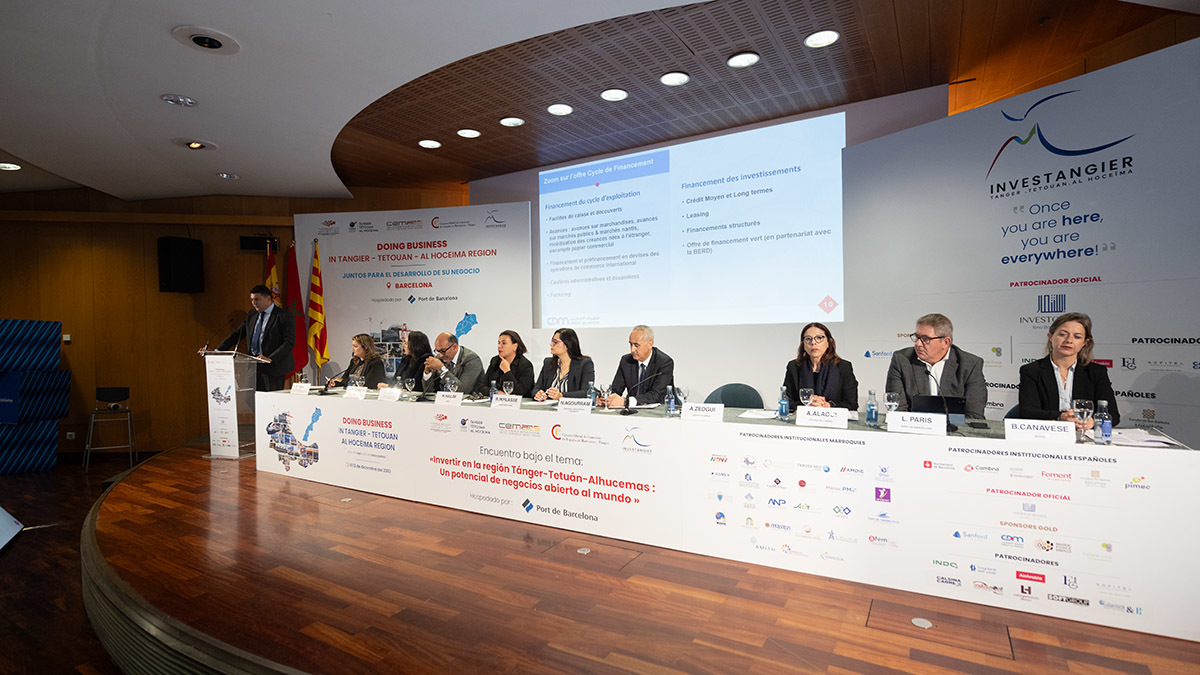
There are also bonuses for the creation of stable employment (10% bonus, up to one million dirhams) and there is a strong commitment to include women in value-added occupations.
For his part, Tarik Rmiki, head of the cooperation service of the Northern Investment and Development Fund, described the main activities and objectives of the fund, supporting investment and employment in Tetouan, Tangiers and Al Hoceima.
The fund establishes four categories of investors, depending on the size of the companies, both for new projects and for extensions of existing projects, in line with the development model established by the new Investment Charter.
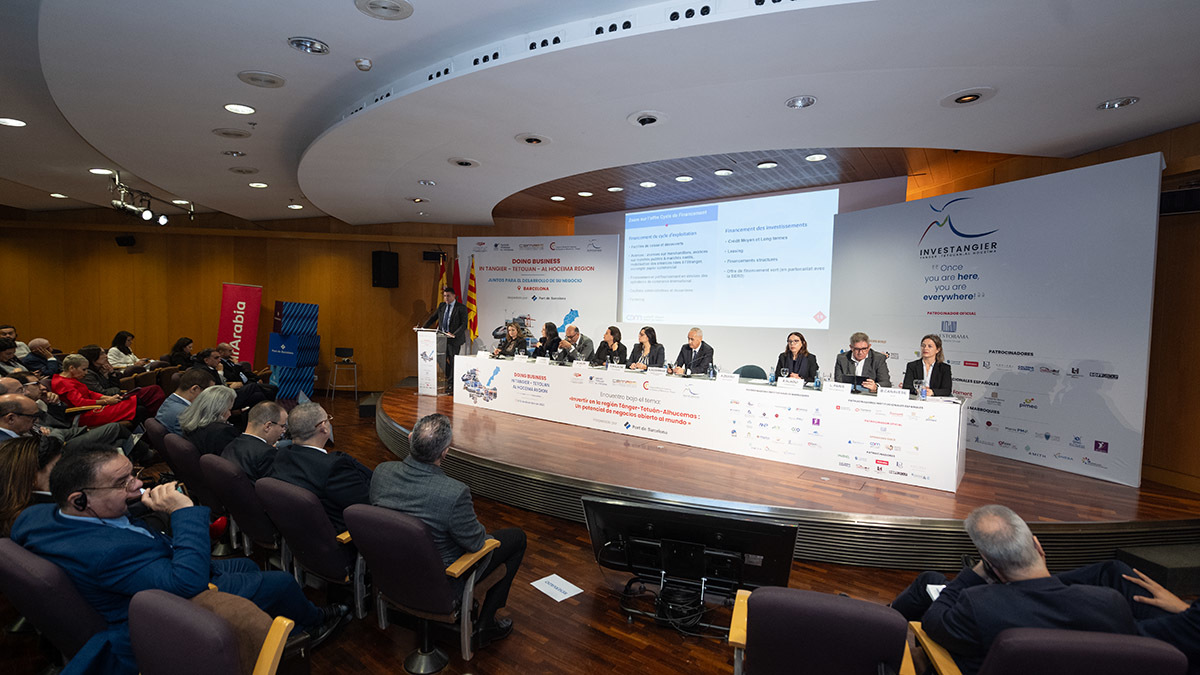
Hind Halim, director of the Marketing, Trade, Industry pole and member of the MEDZ Board of Directors, explained that this semi-public institution, present throughout Morocco, is a partner of the State to develop infrastructures and activity zones according to the industrial, agricultural, commercial and logistics strategy.
"MEDZ works in the development and implementation of projects, responding to the needs of investors who want to set up in Morocco: turnkey buildings, support and management. We are present in eight economic regions, with 1,600 hectares and 15 billion dirhams invested," he said.
Rime Ikhlasse, on behalf of TMZ, presented the facilities of Tangier Med, a world logistics hub located in the Strait of Gibraltar, 14 km from Europe and at the crossroads of the main maritime routes. Since 2007, it has been at the centre of major international trade, with a port area, a free zone, a network of business parks and several intercommunication infrastructures. More than one million vehicles pass through it every year, making it the leading port in the Mediterranean and on the African continent, with destinations in a hundred countries and more than 180 ports around the world.
Its free trade zone has more than 1,100 companies, including Renault Nissan. With an investment of 9.3 million euros, it attracts leading international companies, and has the presence of the world's main maritime alliances, as well as multinationals from Japan, China, Europe and the United States.

Taxation and financing
Nafeh Agourram, President of the Order of Chartered Accountants, spoke about the taxation of investments in Morocco. He tried to summarise the Moroccan tax system, which is the same as the European systems, common law, with specific measures for industrial acceleration zones and for investments.
The system provides for exemption from various taxes for land acquisition and other matters, such as dividends from foreign shareholdings. In addition, the free zones are exempt from VAT and business tax for the first 15 years.
Agourram also pointed out that Morocco and Spain have signed an agreement to avoid double taxation, which means that the profits of a company established in Morocco are only paid in Morocco, not in Spain.
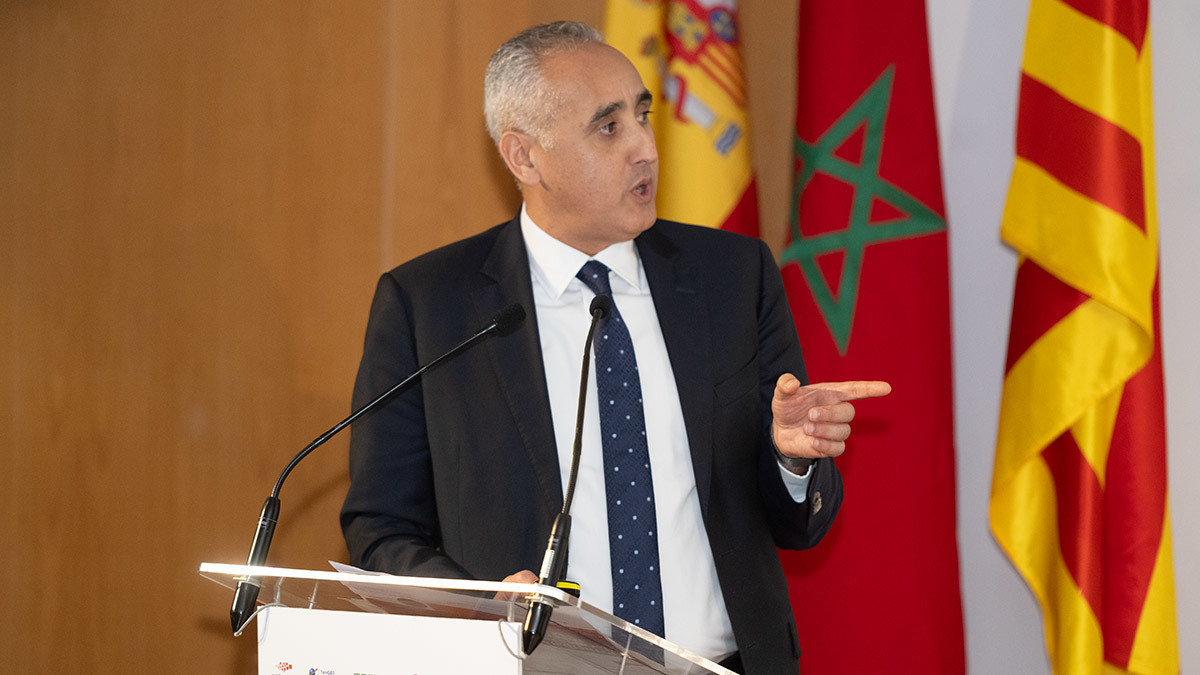
As for the offer from financial institutions, the director of the northern network of the bank Credit du Maroc, Ahd Zedgui, explained that his bank is part of a group with more than 50 years of presence in West Africa, in the agri-food and real estate sectors. They have been present in Morocco since 1929, as a multidisciplinary bank, in an international environment for more than 70 years.
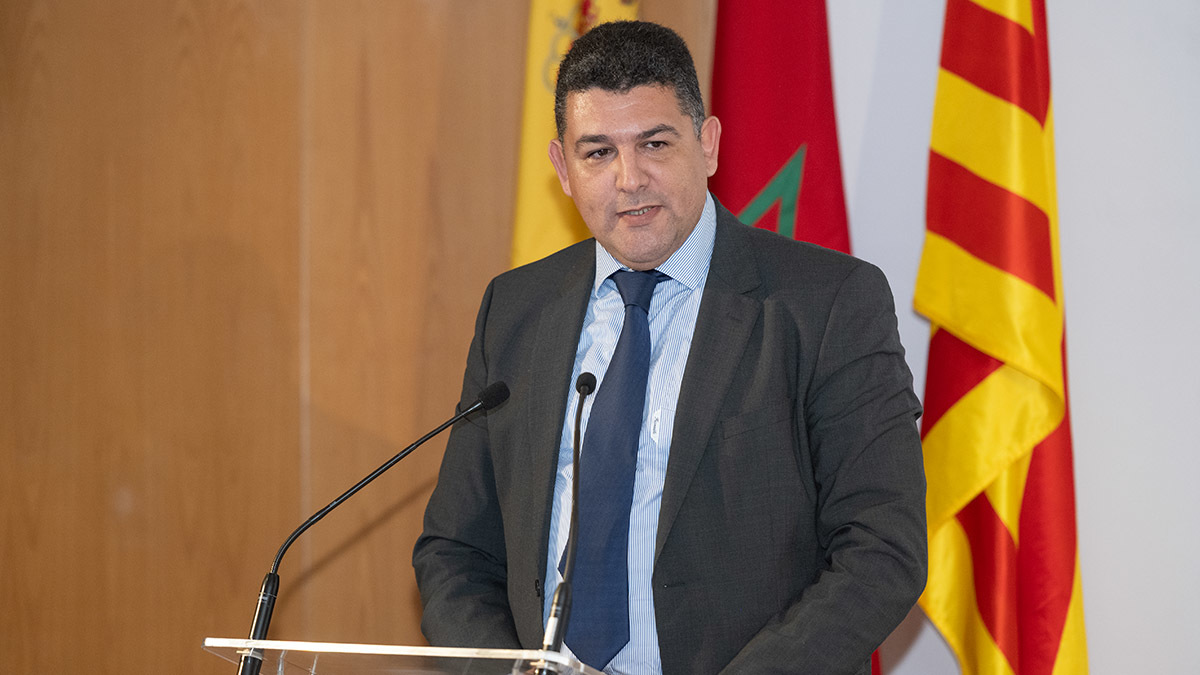
"Our desire is to support Spanish and Catalan investors. We have an offer identical to the international banking offer, with the same financing and support tools present in the euro zone, which meets the needs of companies," he said.
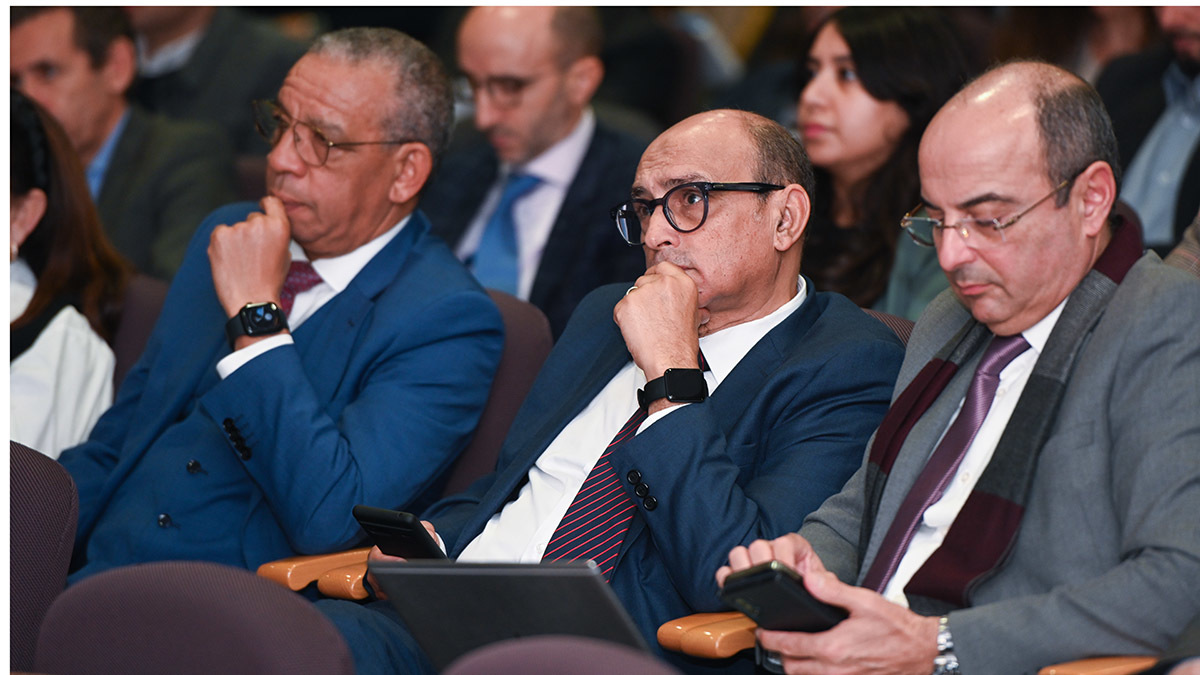
Ataa Alaoui, representative of the Bureau de Change, explained the incentive measures for the different forms of foreign investment, with the advantages offered by the exchange rate regime.
"Morocco places foreign investment at the heart of its economic strategy. The bureau de change is a key link in this chain, as it has established an exchange rate regime within the framework of a liberal regime. The exchange regulations evolve, are not fixed in time, and are modified according to the needs of foreign operators, offering a maximum guarantee to investors", he indicated.
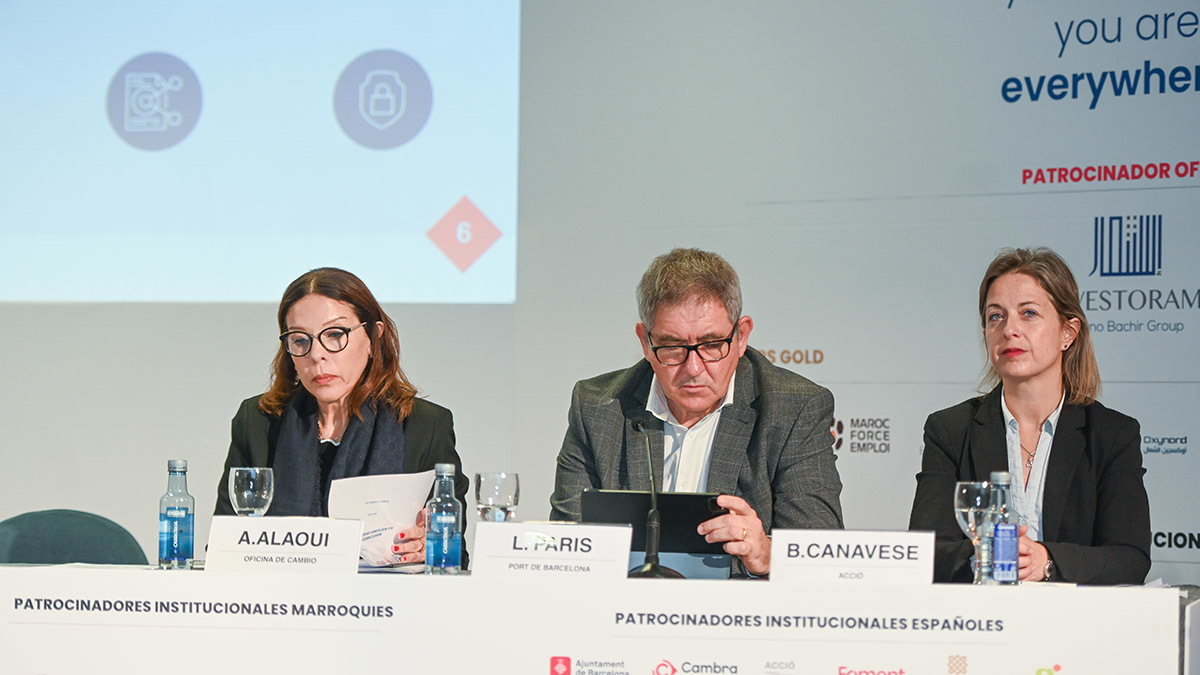
Port of Barcelona
Lluís París was in charge of presenting the activity of the Port of Barcelona: "The Port of Barcelona is not a port for handling goods, but adds value to goods and increases competitiveness. The companies that trust in us will benefit from this, bringing greater prosperity to Catalan and Moroccan companies", he pointed out.
The Port of Barcelona is the only place in Spain with direct access to the rail network to northern Europe. "We also need the development of this network towards the south, on the part of the Spanish government, to make us bigger", she concluded.
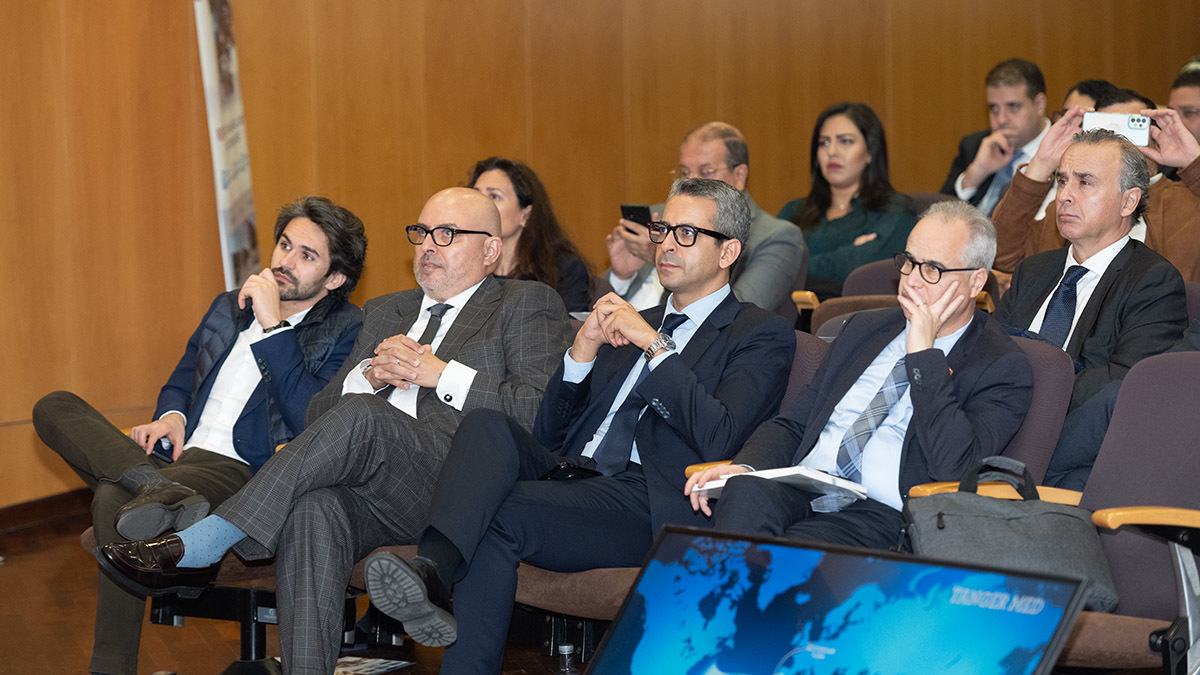
Finally, Bàrbara Canavese, from Acció, explained the tools to support multi-localisation: "In 2018, an office was created to resolve the doubts of Catalan companies when doing business in other countries. Brexit, the pandemic and geopolitical conflicts have made this office grow and develop its activities. With a one-stop shop, we inform companies free of charge and within a maximum of 48 hours, we offer a consultancy service for internationalisation in more than 40 countries".
The agency has set up subsidy programmes for companies wishing to set up or open new branches abroad and responds to enquiries to help companies identify sources of financing in other countries.

